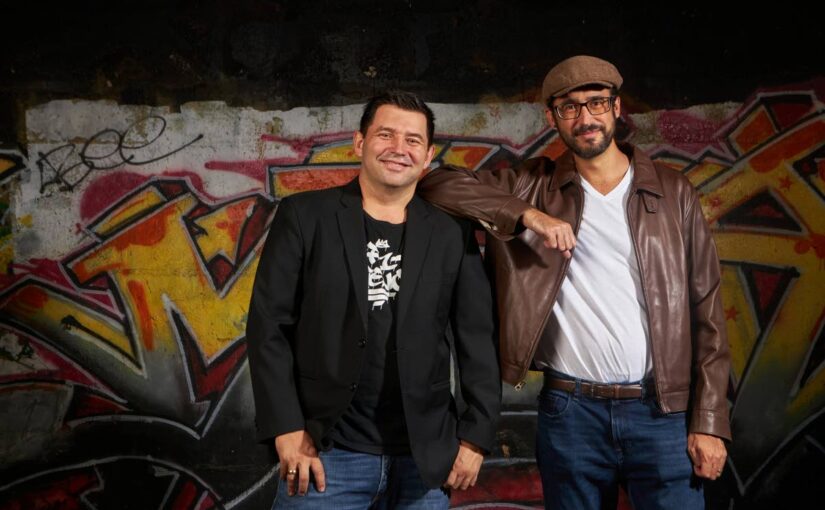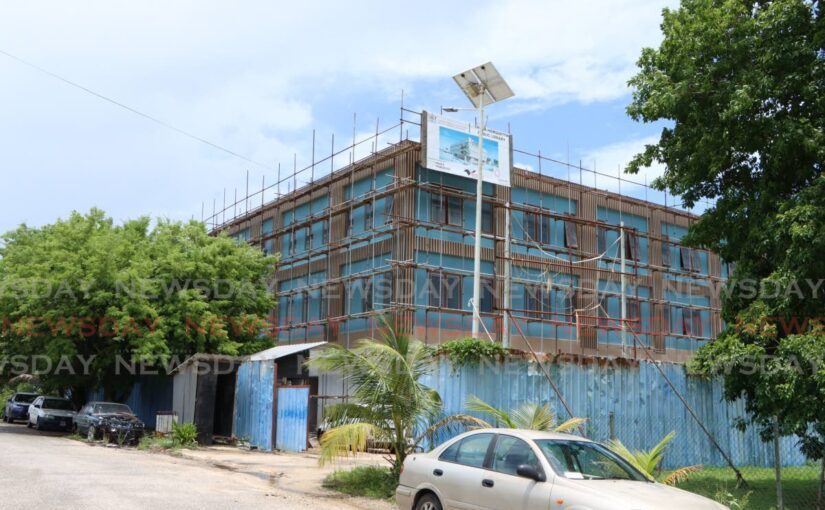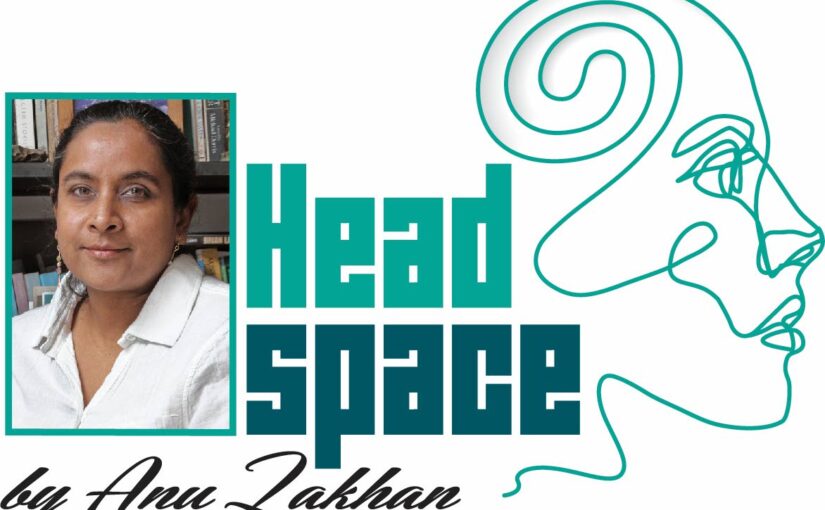"The world is not a solid continent of facts sprinkled by a few lakes of uncertainties, but a vast ocean of uncertainties speckled with a few...
Vous n'êtes pas connecté
- English
- Français
- عربي
- Español
- Deutsch
- Português
- русский язык
- Català
- Italiano
- Nederlands, Vlaams
- Norsk
- فارسی
- বাংলা
- اردو
- Azərbaycan dili
- Bahasa Indonesia
- Հայերեն
- Ελληνικά
- Bosanski jezik
- українська мова
- Íslenska
- Türkmen, Түркмен
- Türkçe
- Shqip
- Eesti keel
- magyar
- Қазақ тілі
- Kalaallisut ; kalaallit oqaasii
- Lietuvių kalba
- Latviešu valoda
- македонски јазик
- Монгол
- Bahasa Melayu ; بهاس ملايو
- ဗမာစာ
- Slovenščina
- тоҷикӣ ; toğikī ; تاجیکی
- ไทย
- O'zbek ; Ўзбек ; أۇزبېك
- Tiếng Việt
- ភាសាខ្មែរ
- རྫོང་ཁ
- Soomaaliga ; af Soomaali
Rubriques :
 Maroc - NEWSDAY.CO.TT - A la Une - 24/Mar 03:59
Maroc - NEWSDAY.CO.TT - A la Une - 24/Mar 03:59
Why we need to reinvent the wheel
Taureef Mohammed STUCK inside the elevator that takes me up to a geriatric medicine clinic in a hospital in Ontario, Canada, is a picture of a medicine wheel, the same wheel that is part of the famous Toronto sign in Nathan Phillips Square. In both places, the wheel seems like an anomaly. The medicine wheel is an indigenous symbol, dating back thousands of years. It is a template through which indigenous people view the world. There are various designs and interpretations, but the underlying principle is the same: everything in the world is connected and follows a cyclical nature. Farmers and fisherfolk know this well. The wheel in the elevator was coloured and divided into four quadrants: north (white), south (red), east (yellow), and west (black), each corresponding to a different stage in life, and its connection with the natural world. “The North, where the snow, the colour white, reminds us of the hair of our elders,” writes Dr Jennifer Grenz, author of Medicine Wheel for the Planet: A Journey Toward Personal and Ecological Healing. “The place we draw not only upon their knowledges but, most importantly, upon their wisdom. A wisdom missing from modern ecology.” Every stage of life – birth, youth, adulthood, elder, death – is given equal importance on the wheel. Leaving out a stage or minimising it ruins the wheel and disrupts the cycle. We depend on the natural elements – fire, water, earth, air – to live; without them, there is no life. Every human has four parts: physical, spiritual, emotional, and intellectual. The wheel makes perfect sense: harmony, balance, motion. And had it still been in motion, had it not felt like an anomaly in the hospital, perhaps practising medicine in 2025 wouldn’t be as emotionally draining as it can sometimes be. The reductionist kind of medicine that we practise today is antithetical to the medicine wheel. A result of scientific advances particularly in the mid-20th century, our reductionist approach to medicine simplifies the human to a physical machine that operates according to a set of biomedical principles. Of course there are innumerable, indisputable benefits to this approach: antibiotics, insulin, vaccines, anti-retrovirals for HIV; life-saving interventions like coronary angiograms; sensitive diagnostic tools for early detection of diseases like cancer. But it has also come at a cost – the human has been lost. Modern hospitals operate like assembly lines where patients are reduced to their bed number and diagnoses. To regard a patient as anything more than a collection of physical ailments – to look at the other three aspects of the medicine wheel – is inefficient, and perhaps immeasurable, so why even bother? To catch a glimpse of the human at least once in a day is a victory for a doctor who is struggling to keep up with the assembly line. There is a darker side to reductionist medicine. Nothing turns out more profit in medicine than the reductionist approach. Despite what their efforts in customer service may suggest, private medical companies – hospitals, diagnostic services, the pharmaceutical industry (including natural health) – practise and promote reductionist medicine wilfully. Look at their advertisements – they all promote medicine as a purely physical problem to be fixed. TV shows and the media have also played their part in promoting a simplistic, reductionist kind of medicine, sometimes ignoring nuances that may not fit well with their lifesaving or tragic stories. The effects trickle – this is probably an understatement – into the examination room. On the part of patients, expectations may not always be right. Hearing that a doctor actually cannot fix the problem comes as a shock many times. Death is also out of the picture – it can be aborted. And in the case of doctors, especially us young ones who get carried away sometimes with signals from the machine – I got a pulse! – navigating the human – an ambiguous, complex being who is more than a pulse – becomes difficult. By encompassing more than just the physical, the medicine wheel provides a more comprehensive and realistic framework than reductionist medicine. In a 2024 article in the journal Frontiers in Public Health, Tammy Greer and Jennifer Lemacks, researchers from the University of Southern Mississippi, described what the wheel provided: “Medicine wheel orientations toward seasons, the natural ebb and flow of light and dark, the cyclical nature of everything, provided…an understanding of where humans were in that cycle, allowing for necessary preparations for what was to come and, improving predictability and, ultimately, survivability.” In 2025, reinventing the wheel might be just what we need. Taureef Mohammed is a physician from TT working in Canada E-mail: taureef_im@hotmail.com The post Why we need to reinvent the wheel appeared first on Trinidad and Tobago Newsday.
Articles similaires
F1’s formula wins 12 gold ADDYs
F1 Agency is certainly not your average advertising agency. It has no physical office, it fosters a family atmosphere, encourages creativity, and has...
The doublespeak of Energy Secretary Chris Wright
by Abrahm LustgartenProPublica is a Pulitzer Prize-winning investigative newsroom. Sign up for The Big Story newsletter to receive stories like this...
A blue-green agenda for Trinidad and Tobago
Is there a political party that will take up the challenge of an economy based on nature? Dr Anjani Ganase asks. THE dialogue of elections in...
Colombia's lonely chimp Yoko finds new home in Brazil
by David SALAZARKidnapped from his family as an infant, then raised by a drug lord before ending up in a Colombian zoo, Yoko the chimpanzee has lived...
‘La Horquetta, a community with a lot of potential’
Newsday begins its community series today. We will highlight TT’s often forgotten people who are making a difference and the communities in which...
‘La Horquetta, a community with a lot of potential’
Newsday begins its community series today. We will highlight TT’s often forgotten people who are making a difference and the communities in which...
Talk Of US-Iran War Is All A Load Of Baloney – OpEd
The air is thick with the prognosis that a military confrontation between the US and Iran is now just a matter of time. Going by the pattern of such...
36 for the win
There are the days on which my mercurial appliances take against me. Days of looking at bills and bank statements and dying plants. Days when my left...
36 for the win
There are the days on which my mercurial appliances take against me. Days of looking at bills and bank statements and dying plants. Days when my left...
Les derniers communiqués
-
Aucun élément






